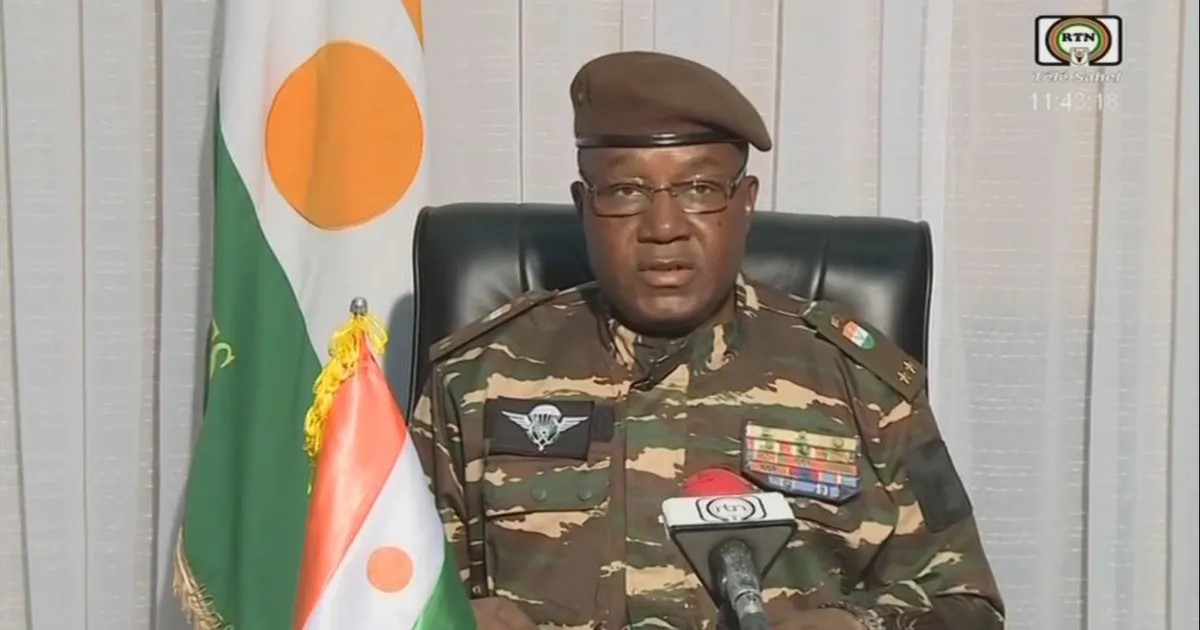Dr Elliot Green is a lecturer in Development Studies in LSE’s Department of International Development. In his latest paper, entitled Patronage as Institutional Choice, Dr Green uses the case studies of Rwanda and Uganda as he highlights geography and visibility as the two key factors that determine how African politicians distribute patronage.
“Patronage is a universal form of politics, whereby political rulers allocate material benefits to a select group of citizens in return for political support.“
Geography and visibility are the two factors, identified by Dr Elliot Green, that determine how heads of state dispense patronage. In Patronage as Institutional Choice, he focuses on Rwanda and Uganda as case studies to exemplify this theory.

Rwanda and Uganda are ideal examples because despite their startling similarities, they use vastly different methods of patronage.
Both countries are “landlocked, blessed with high-quality farmland suitable for growing coffee, historically both countries’ main export”.
Their heads of state share an almost identical background, growing up in the same area of Uganda, even attending the same secondary school, albeit a couple of decades apart. They are also comrades who fought against Milton Obote’s regime in the seventies and eighties.
President Kagame started his own rebel movement of Rwandan exiles in 1986, the Rwandan Patriotic Front (RPF), with whom he invaded Rwanda in 1990 and took Kigali in 1994.
Despite holding a number of elections, both countries have authoritarian tendencies. In both cases, opposition politicians are regularly arrested and power remains within a small circle of politicians within each government.
Yet Presidents Kagame and Museveni have employed different methods of consolidating their power base.
Dr Green points out two types of geographic patronage: that which is based in the centre of the state or at the periphery.
Patronage at the centre of the state focuses on providing “your political enemies with patronage to keep them from rebelling while also keeping an eye on them.” It “involves the distribution of patronage in the state capital, thereby encouraging provincial rivals to leave their rural source of power behind.”
Rwanda historically has not faced rebellion from the centre. There has only been one coup d’état in the country since independence in 1973. Rather, most of its threats have come from its neighbours who have significant Tutsi and Hutu populations “due to migration and refugee movements”. Mr Kagame has instead given patronage to members of opposition by including them in his cabinet as a means of securing their support.
Although Mr Museveni embraced central patronage in the early days of his presidency, in recent times he has favoured patronage on the periphery. This is normally adopted in states where secession, invasion or rebellion is not a issue.
Although various rebel movements have occasionally emerged on Uganda’s periphery, they have failed to threaten the centre, apart from one partial exception, Alice Lakwena’s Holy Spirit Movement. Uganda has a long history of central instability with five successful coup d’états since independence.
Mr Museveni has restored the kingdoms abolished by former President Milton Obote in 1967 and created new districts. It is a move that has helped create jobs in rural areas.
This form of patronage ties in very well with the second factor Dr Green highlights in his article which is visibility. This refers to patronage that is “visible to the general public or unknown to others beyond the recipient”.
Visible patronage is common in competitive democracies with a relatively free press where there is a huge incentive to pursue short-term policies that will win them the next election.
Mr Museveni’s restoration of kingdoms in 1993 drew international attention, while Museveni and National Resistance Movement candidates have prominently reminded voters of these in numerous parliamentary and presidential elections.
On the other hand, in countries with weak opposition and low levels of press freedom, politicians offer patronage to their rivals in order to maintain their support which are invisible to the general public, as is the case in Mr Kagame’s Rwanda.





